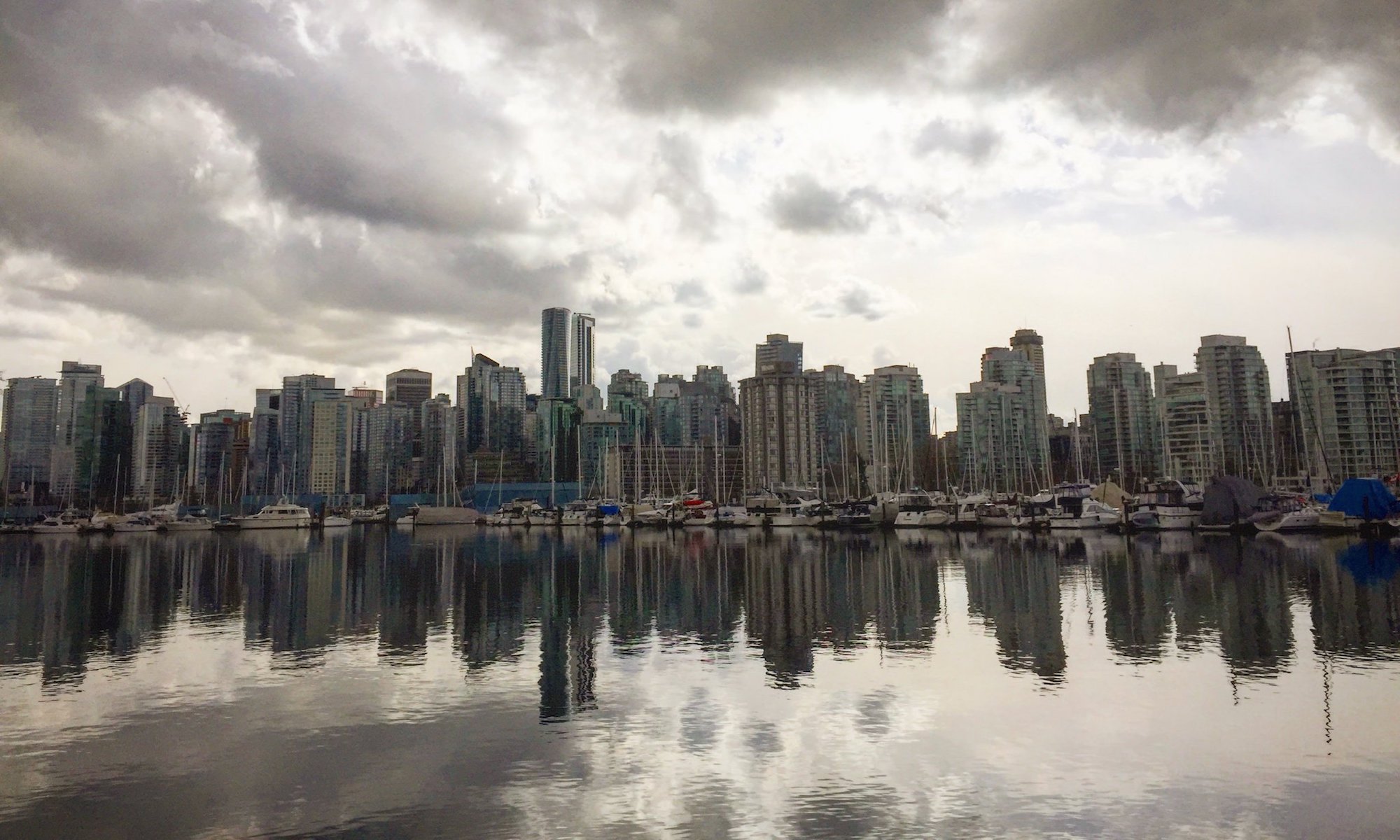In the last year, I’ve become fascinated with the southern border of the U.S. My grandmother crossed the Rio Grande when she was very young, long before a border patrol was established. In those days, it was more considered to be open rather than guarded at all.
A journalist for the Guardian Unlimited recently wrote about his experience of traveling the length of the recent hot topic in Washington, going from west to east. Gary Younge paints a unique perspective about the border and the people who live there, literially on the front lines.
About 10 minutes’ walk from Reyes’s office flows a stretch of the Rio Grande about 15 metres wide. As I drove down to take a look, a car full of people was leaving in the opposite direction. Alone on the bank was a teenage boy with four tyres and a heap of wet clothes. He wasn’t answering any questions, except about fishing, and after a while the car came back empty and picked him up.
At the city of Del Rio, the river starts the first of its elaborate curves before it heads south towards the Chisos Mountains while the main road heads north. A 200-mile detour down back roads hugging the border takes you through towns and hamlets that have occasionally been used for spaghetti western sets. Most look desolate. Then Lajitas, a luxury resort that bills itself as the ultimate hide-out, emerges like a mirage.
At Lajitas the cheapest room in low season goes for $175 a night and the most expensive cottage is $825. For the Texas beau monde there are weekly flights in private jets from Dallas and “Get out of the Dog House” packages for the negligent businessman, which offer prickly pear margaritas and Mexican wedding cookies on your arrival and two 50-minute massages. Behind the hotel complex runs the Rio Grande. On the Mexican side live four extended families; a boat is tied up at the riverside. The nearest official border crossing is in Presidio, 50 miles away. Every day, to avoid the 100-mile round trip, people cross the river by boat in a couple of minutes. You can see their footprints on the Texan side. The afternoon I arrived a man was nipping back to Mexico to repay a debt to a friend. The next day Ms Rodriguez rowed her two children and a rooster over to see their grandmother in Mexico. [guardian]
That’s just a portion of the article, but it’s a good example of the many stories that this issue has. There is also a slideshow with audio commentary by Carlos Cazalis, who photographed the journey along the way.
During my days at KRUI, a group of us made our way to Austin, TX for SXSW. One wrong turn and we were being beckoned by a few hundred day laborers that were standing on a street corner. A couple people freaked out, thinking that we were about to be robbed. I had a quick sense as to what was happening, but there was really no use to explain. One u-turn and we were heading back towards 6th Street, the place where everything seems to be happening in Austin. Clubs, good shows, and great food.
It’s that easy to forget that this problem exists. I’ll be damned if there’s an easy solution though. Former Soviet President Mikhail Gorbachev recently compared the building of the 700-mile long fence on the southern U.S. border to that of the Berlin Wall[mywesttexas]. It’s not that far of a stretch, but maybe I’m missing the element that says “cooperative effort for a solution” in the thing that represents “keep out”.
